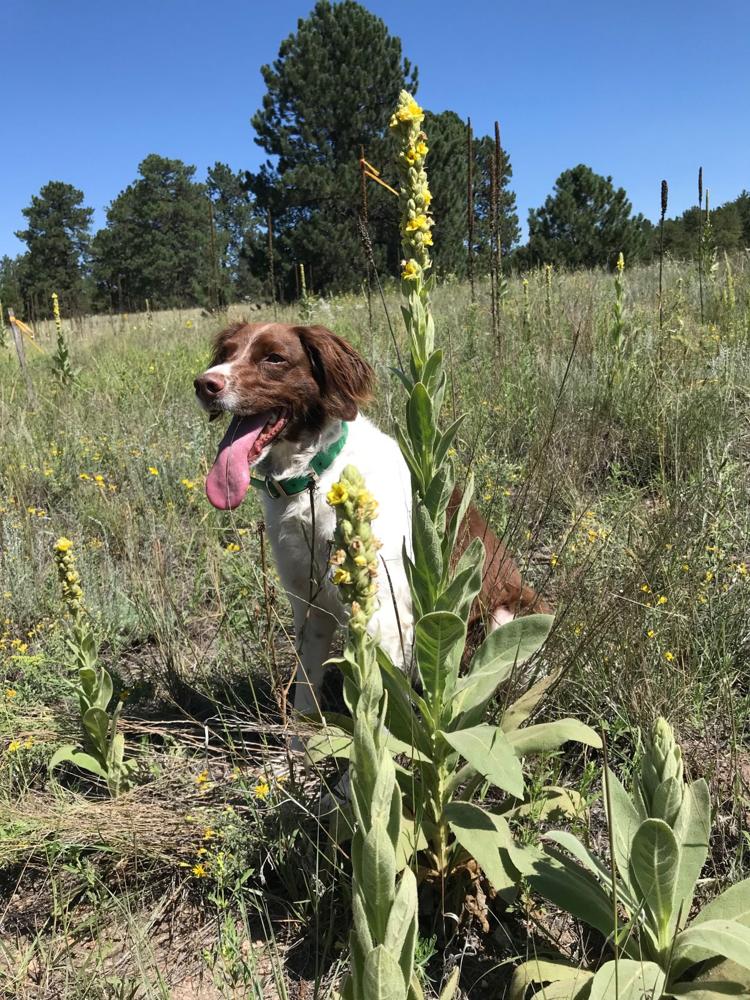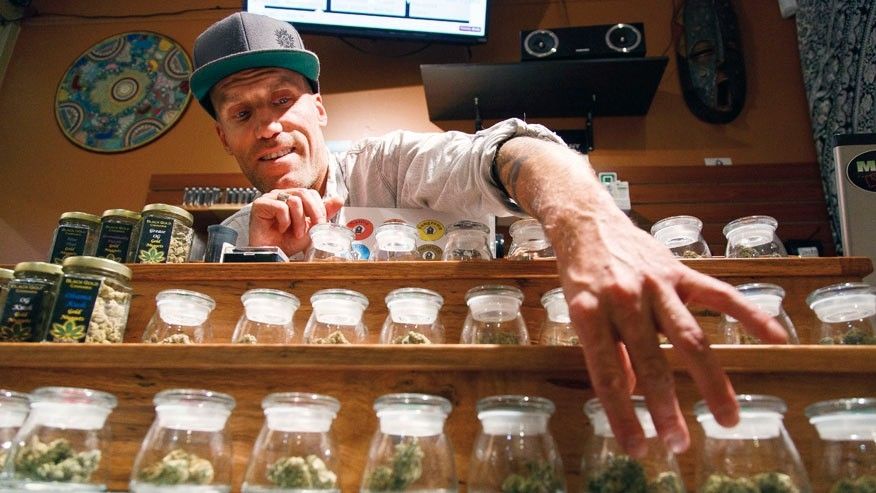Ethical Cannabis Alliance and Organic Cannabis Association Announce Merger: Welcome the Cannabis Certification Council…Newly Re-Named Cannabis Certification Council Receives Legacy Funding Mandate to Ensure High Labor Standards and Organic integrity for Cannabis Produced and Sold in the United States.
The Ethical Cannabis Alliance and the Organic Cannabis Association, non-profit organizations respectively based in Portland, Oregon and Denver, Colorado, are merging and adopting a new name; The Cannabis Certification Council (CCC).
The CCC will independently certify cannabis products as Organically Grown and Fairly Produced while servicing the cannabis industry as an independent, non-profit body upholding clear, achievable, robust standards. Certification will be done by conflict-free, third party experts to ensure all certifications maintain full integrity. Internationally recognized leader in the organic and fair-trade movements, Dr. Bronner’s, has committed to provide seed funding and a matching grant to the Council, and their Director of Constructive Capital, Les Szabo, will take an initial board seat.
“The CCC and its mission is a perfect vessel for us to support our values in the cannabis space” said David Bronner, CEO of Dr. Bronner’s, the top-selling soap brand in the US natural market place. “We are committed to making socially and environmentally responsible products of the highest value and we are excited for the Council to begin driving that ethos in the cannabis industry.”
Ashley Preece will be the executive director of the CCC and explained, “The Ethical Cannabis Alliance (ECA) and Organic Cannabis Association (OCA) had similar missions and were doing similar work in Oregon and Colorado, respectively. The Cannabis industry is still fairly small and collaborative and the ECA and OCA became aware of their similar organizational models and missions. The ECA and OCA believe they will reach a larger audience and bring consistency to the industry on a national basis through their merger and the national program the Cannabis Certification Council (CCC) is now pursuing to build a robust, transparent and conflict free standard holding body. The groups also believe that the “organic” industry standard (in absence of the Federal Government’s involvement) for cannabis must be set and maintained by a non-profit so to avoid conflicts of interest. Together, the ECA and OCA have merged into the Cannabis Certification Counsel in order to establish a reliable national standard that consumers can recognize and trust. Our merged mission is The Cannabis Certification Counsel is a nonprofit standard holding body offering a national certification program and seal according to its mission to promote organic cultivation methods, empower fair labor practices, and provide consumer education and choice in the cannabis industry.”
The CCC will be announcing technical committees and stakeholder groups over the summer.
Preece also made a very good point about why this type of organization is needed in the cannabis industry. “Cannabis producers don’t have the opportunity to set themselves apart from the next conventional producer. There is no option to claim your Organic cultivation techniques nor fair labor practices. After extensive research, I found that our industry had a gaping hole for conflict free, transparent and robust industry standards that were cannabis centric. My goal was to understand what a proper standard setting body should look like via research into agricultural standards and then replicate the model to offer a certification centric to cannabis production. We also want to offer consumers a way to differentiate ethically grown cannabis. When we buy fruit or coffee we have a choice to purchase ethically grown products. We don’t have that choice with cannabis. Consumers don’t know what to ask because there isn’t an identifiable conflict free certification available.”
More information about The Cannabis Certification Council can be found online here. Additionally, the Cannabis Certification Council will be a presenting sponsor of the Second Annual Cannabis Sustainability Symposium in Denver, Colorado on October 16 and 17, 2017. For more information and tickets to the event, look here.
credit:theweedblog.com











